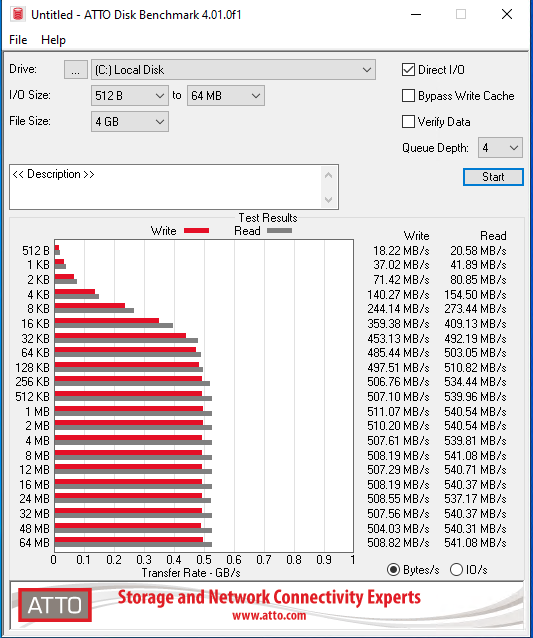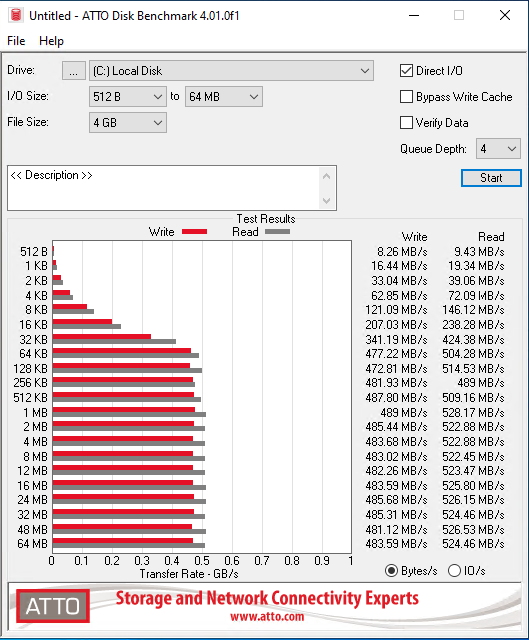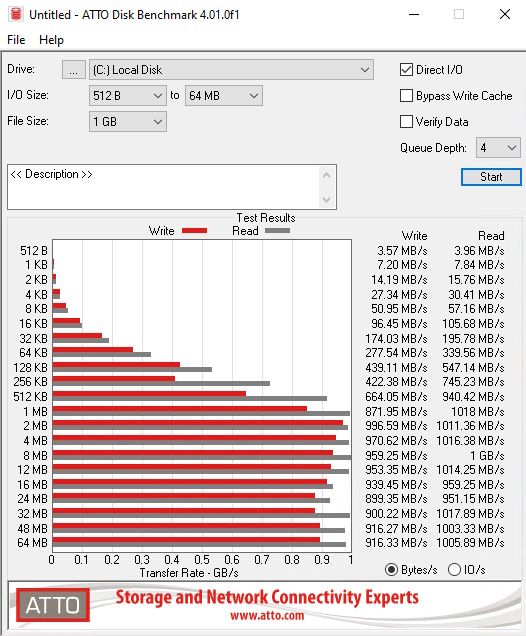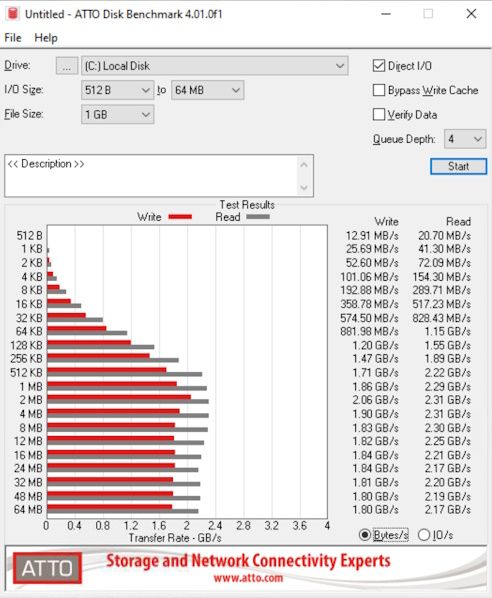VM performance VMWare 8 vs XCP-NG 8.2.1
-
Hello guys,
We've been playing with the VMWare Import tool in XO and after a lot of fighting we finally have it working.
First we have some weird issues when XO was not in the same VLAN as the VMWare source host and XCP-NG destination host so we had to re-design our lab to make that work.
Then there was this "strange" problem that XO never actually started the import, sometimes there was a brief error and some times just nothing. Clicking Import again actually started the import.Now one of my colleagues mentioned that the VM's feels a bit sluggish, I myself never noticed anything but he's mainly doing Windows and im mainly doing Linux so maybe thats why I didn't notice.
He is sure this is due to disk performance so we booted up a VM on our VMWare host that we successfully migrated to XCP (Both hosts have a Samsung PM893 960Gb SSD for SR/Datastore, the OS sits on an NVME, a single Xeon E3-1225 v5 @ 3.30GHz and 64Gb DDR3 RAM)
This VM is running Windows Server 2022, on VMware we have the latest 8.0 VMWare tools installed and on XCP-NG we have the Citrix VM Tools 9.3.1 installed. The VM has 2 vCPU, 4Gb RAM and 50Gb disk and this is bench32 on VMWare:

And this is on XCP-NG:

The difference is not huge but enough to worry us a bit. I know about the SMAPIv1 limitations and history and I also know SMAPIv3 is in progress, but is anyone else seeing this or am I alone?
-
I did disk speed tests on about thirty VMs as I moved from esxi 8 to XCP-NG (both 8.2.1 and 8.3). In about 60% of the tests esxi was faster and 40% XCP-NG was faster. I used Crystalmark in my tests. When the test disk was a 1gb disk, esxi was a lot faster but when I changed the test disks to 8gb the results were split and there was not much of a difference between winner and looser..
-
@nikade Here are some results I get from Windows 10....
HP DL360p G8 E5-2680v2 and 10Gb ethernet with SR on NFS (TrueNAS):

Asus PN63 i7-11370H and local NVMe (RAID 1) with SR on EXT4:

-
I would take a look at the disk-scheduler in use ( lsblk -t ) and change to perhaps deadline. CFQ is kind of a dog and a waste of time with SSD.
-
I think, this is the limitation of the (single-threaded) tapdisk. In my tests, Xenserver and XCP-ng were always slower than vSphere on fast storage, but were able to scale well with more VMs
-
Thanks everyone for your replies. I'll look into the scheduler, but it might just be that SMAPIv1 is the bottleneck here.
-
@nikade
Something to consider is that due to the way XCP-ng isolates for each disk for each VM for better security there can be some performance issues. But because it's per VM (unless your use case is to only running a single VM) this is less of an issues as most people run many VM's. -
You can redo the bench with 4 virtual disks in RAID0 and try again, that will represent the more "real" value in the real world (when you have many VMs and disks)